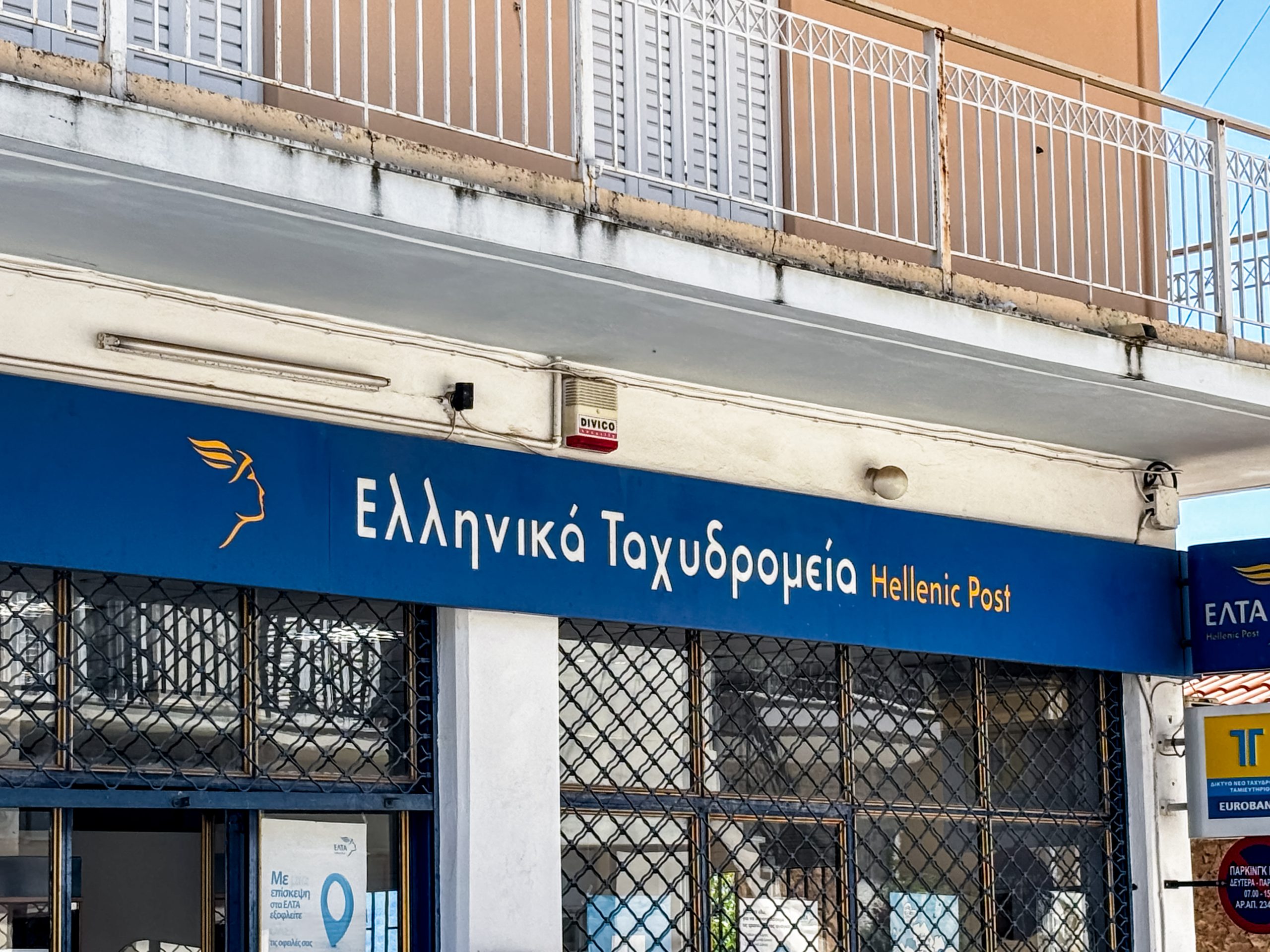With 98% of votes counted, the pro-European centrist party D66, led by Rob Jetten, and Geert Wilders’ far-right PVV have each secured 26 seats in the Dutch Parliament, which has a total of 150 seats. Three more parties followed closely behind: the conservative liberals with 22 seats, the left-wing Green–Labour alliance with 20, and the Christian Democrats with 18.
The result marks a sharp decline for the PVV compared to its record-breaking 37 seats in 2023, while D66 saw the largest gains, nearly tripling its representation in an election that drew a 78.5% voter turnout.
If D66 leader Rob Jetten, 38, succeeds in forming a government, he will become both the Netherlands’ first openly gay prime minister and its youngest leader since World War II. Regardless of the final seat distribution, Wilders will not assume the premiership, as the country’s major parties have categorically ruled out joining forces with him. The results, however, pave the way for Jetten to attempt forming a coalition government.
Wilders had taken seven months to form a coalition in 2024, but that government collapsed eleven months later when he withdrew his party over disagreements on immigration. In the Netherlands, single-party majorities are extremely rare, and the country has been governed through coalitions—typically of four parties—for several decades.
Sources: Politico, Reuters, Guardian, BBC
 What is fyi.news?
What is fyi.news?







